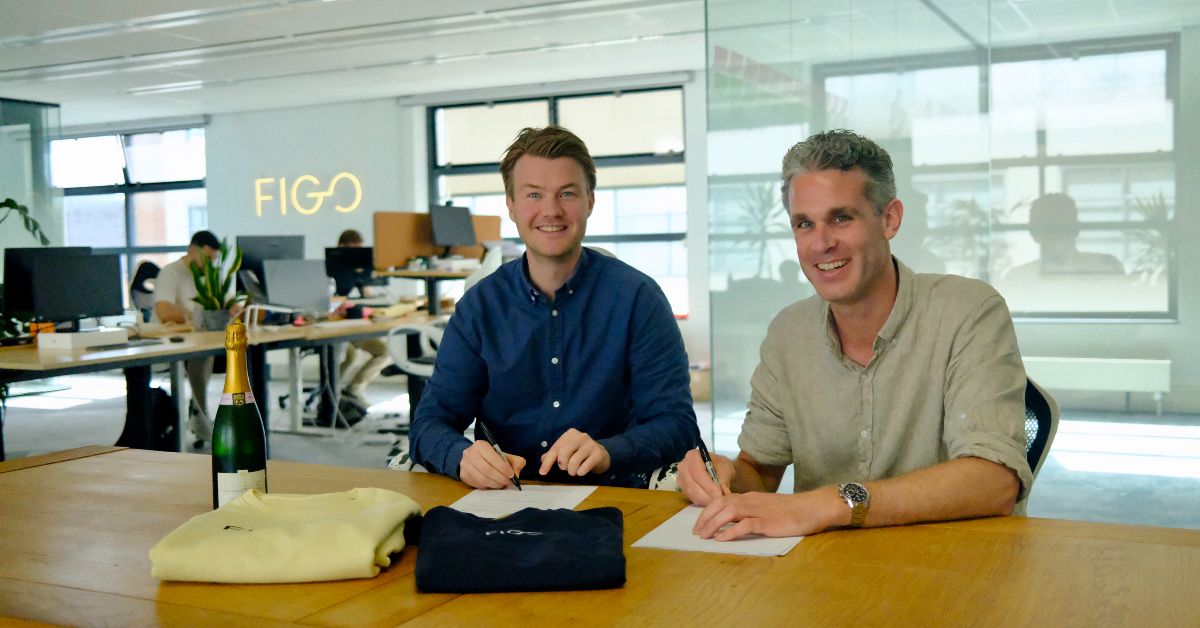Styles of negotiation go in and out of fashion, in terms of what works and what doesn’t. This makes it an area where many employees struggle, and leaders often take the advantage, but not at the France-based AI photo editing startup, Photoroom.
Under the leadership of CEO Mathieu Rouif, every six months, employees receive training on salary offers, the negotiation process, and how to handle the overall discussion.
When Rouif first introduced the training programme three years ago, he recalls facing skepticism from fellow entrepreneurs who believed he was “shooting himself in the foot”.
5 European tech jobs to consider this week
- Data Engineer (IT), Tenth Revolution Group, Paris
- IT Engineer als Cloud DevOps Engineer, enercity AG, Hannover
- Analytics Engineer, Coolblue, Zuid-Holland
- Cloud Engineer, Status Pro, Noord-Holland
- Software Engineer (d/f/m), Leica Microsystems, Herborn
But the forward-thinking CEO says this training is good for business, as workers develop negotiation skills then used to secure better contacts for the company, and that empowering employees strengthens trust and retention.
“You can train your people, and then they become better,” Rouif explains. “They ask for a better salary because they’re better and they’re more productive. You want your team to grow faster than the rest. You want them to grow as fast as the business.”
Inspiration strikes
Rouif was initially inspired by the one-on-one negotiation training he received while completing his Master’s degree at Stanford University. “It’s quite easy to learn. In a day, you can learn a few basics, and it goes a long way.”
Not only is this a very supportive gesture, it is also very practical: a single week-long, in-person Influence and Negotiation Strategies Program at Stanford costs $15,000.
By offering negotiation training to all employees, Photoroom creates a more-level playing field. When all staffers are equipped with the same tools and knowledge, this reduces disparities that can arise from unequal negotiation skills.
To name a number or not?
So what if you’re not lucky enough to work for Photoroom? Where can you nab some good advice on negotiation?
Well, in a recent online post about the negotiation training programme, Rouif teasingly asked, “If you are negotiating, should you suggest a price first or not?” And the answers people shared were enlightening in themselves.
One responder highlighted that if you suggest a price first, you can get the anchoring bias (whereby we rely heavily on the first piece of information we receive) playing on your side.
Helpfully, Mikaila Read, global people ops at Photoroom, also commented with pretty up-to-the-minute advice, and she also mentions anchoring.
Citing this November 2024 blog from Harvard Law School’s Program on Negotiation, she says:
“Totally depends on the context and what you’re aiming for, but my take? Be the one to get figures on the table first!
“Doing so means you not only start to narrow the zone of potential agreement faster, but also increase your chances of benefiting from the anchoring effect — something else which challenges the common gut feeling that going first puts you at a disadvantage.
“In any successful negotiation, both sides should walk away feeling like they’ve ‘won’, but research does indicate those who made the first move typically ended up with better economic results than those who didn’t.”
Reputable and recent sources
For further advice, take a tip from Mikalia Read’s sourcing, and see if colleges you admire have online resources where you can glean information.
As well as its daily blog, Harvard Law School also has a number of free reports and guides on negotiation.
Insights by Stanford Business is another reputable platform, and in blogs like this one, experts advise viewing negotiations as a cooperative problem-solving task, and not a combative one.
And unsurprisingly, its professors say preparation is key. From setting clear goals, understanding alternatives, rehearsing strategies, and seeking honest feedback, effective negotiation really needs thorough groundwork.
Additionally, they remind readers to keep a long-term perspective. As negotiations often involve ongoing relationships, focusing on mutual benefits and preserving future interactions is more valuable than short-term wins.
Looking to flex your negotiation skills with a job offer? Find your next challenge on the Silicon Canals Job Board today
Author
Amanda Kavanagh, content strategy, production, writing & editing at Jobbio.










01
From telecom veteran to Dutch Startup Visa success: The Jignesh Dave story